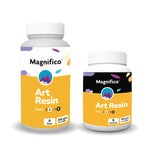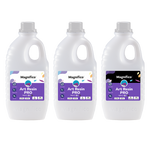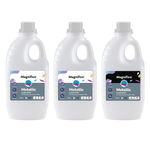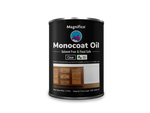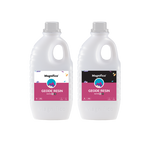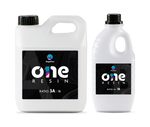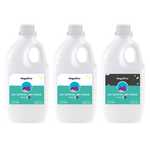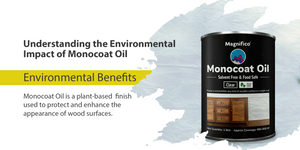Title: Understanding the Environmental Impact of Monocoat Oil
Wood has been an integral part of construction and furniture for centuries. To preserve and enhance its beauty, various finishes are used, and one popular option is Monocoat Oil. While it offers numerous benefits for wood preservation and aesthetics, understanding its environmental impact is crucial.

What is Monocoat Oil?
Monocoat Oil is a plant-based finish used to protect and enhance the appearance of wood surfaces. Unlike traditional polyurethane finishes, Monocoat Oil claims to require only one coat, reducing waste and energy consumption in application.
Environmental Benefits
- Minimal Waste: Its single-coat application reduces excess material usage compared to multiple-coat finishes, minimizing waste generation.
- Zero VOCs: Monocoat Oil has literally zero VOC content, contributing less to air pollution.
- Act as a shield: protect wood against moisture, heat, and everyday wear and tears. It's ideal for wood furniture, hardwood flooring, oak tables etc

Environmental Concerns
- Energy Intensity: The production process of Monocoat Oil may involve energy-intensive procedures, potentially impacting the carbon footprint.
- Deforestation and Sourcing: While the oil itself might be eco-friendly, concerns arise if wood sourced for the products isn't sustainably harvested, leading to deforestation.
- Disposal: It's paramount to follow guidelines for disposal or recycling. Monocoat Oil is eco-friendly oil that doesn't contain any harmful chemicals so it's easy to disposal as compared to other oils.
Conclusion
Monocoat Oil presents several environmental advantages, primarily due to its natural composition, reduced waste, and zero VOC content.Choosing environmentally responsible products, including Monocoat Oil, involves considering the entire lifecycle of the product—from raw materials to disposal.



